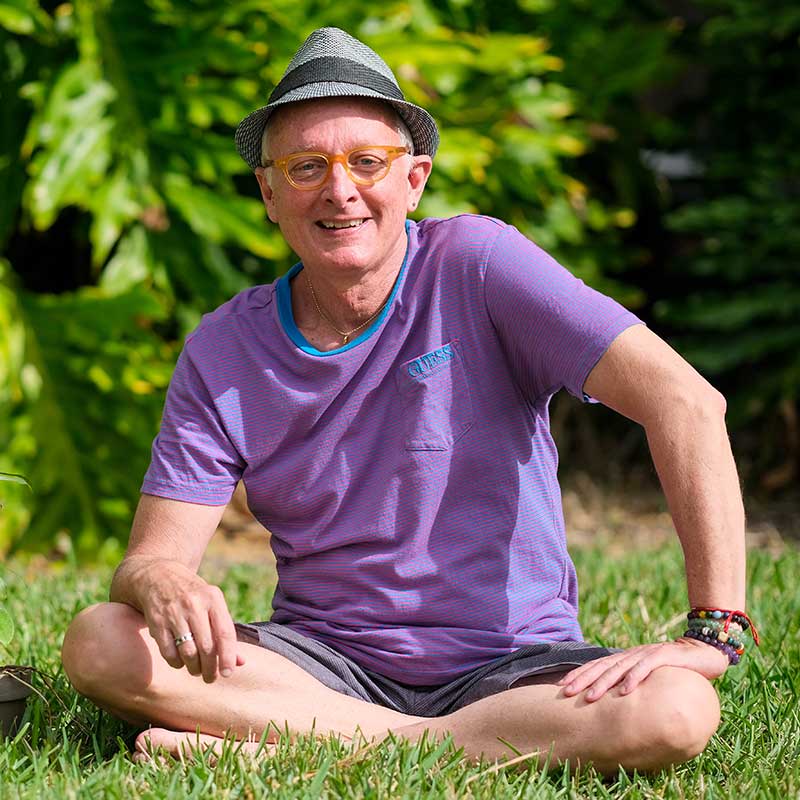"Dr. Skancke took a lot of time with me, not only talking about what to expect before & after surgery but getting to know me, I could tell that he was not just a surgeon, he’s a caring person, too".
For Scott, Driving 1,000 Miles for Colorectal Surgery Was Worth It.
When his third episode of diverticulitis in three months landed him in the hospital for five days in Palm Beach, FL, Scott Pollard knew surgery was probably in his future. After telehealth visits with Matthew Skancke, MD, colorectal surgeon, Scott was so impressed he made the extraordinary decision to drive 1,000 miles to be treated by Dr. Skancke because of his expertise in robotic colorectal surgery.
What is diverticulitis? Diverticula are small, bulging pouches that can form in the lining of your digestive system, are common especially after age 40, and seldom cause problems. When one or more of the pouches becomes inflamed or in some cases infected, that condition is called diverticulitis.
“I never knew when another flare-up was going to happen and I would have to put my life on hold. When diverticulitis is severe, it feels like being kicked in the belly by a mule,” said Scott. “Often my pain was so bad that I couldn’t take walks or do simple tasks like going to the grocery store.”
“Dr. Skancke took a lot of time with me, not only talking about what to expect before and after surgery but getting to know me,” said Scott. “I could tell that he was not just a surgeon. He’s a caring person, too. Dr. Skancke was the reason I decided to come back to Holy Cross for my surgery.”
Right before his robotic colorectal surgery at Holy Cross Hospital, Scott recalled, “Dr. Skancke was very encouraging when he came in to talk to me. He was totally focused on making sure I knew what was going on and what my side effects might be — that meant a lot.
Dr. Skancke performed the operation using the da Vinci® XI robotic surgical system, the most advanced robotic platform available for colorectal surgery. Dr. Skancke removed the thickened portions of the colon that were most symptomatic and then reattached the colon to the rectum, maintaining normal bowel functioning.
Scott spent two days in the hospital and continued to stay in the area for a week to meet with Dr. Skancke for a post-surgery evaluation. Within a couple of days of surgery, Scott was able to eat regular food. “Previously after an attack, it would be weeks of not eating solid food,” said Scott. “Plus, I was living in fear, not knowing when another attack might come. I’ve been released from my fear, thanks to Dr. Skancke.”
*These pictures were given with consent and cannot be used without permission.

